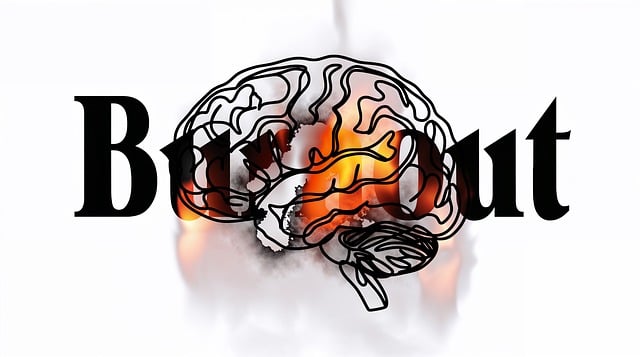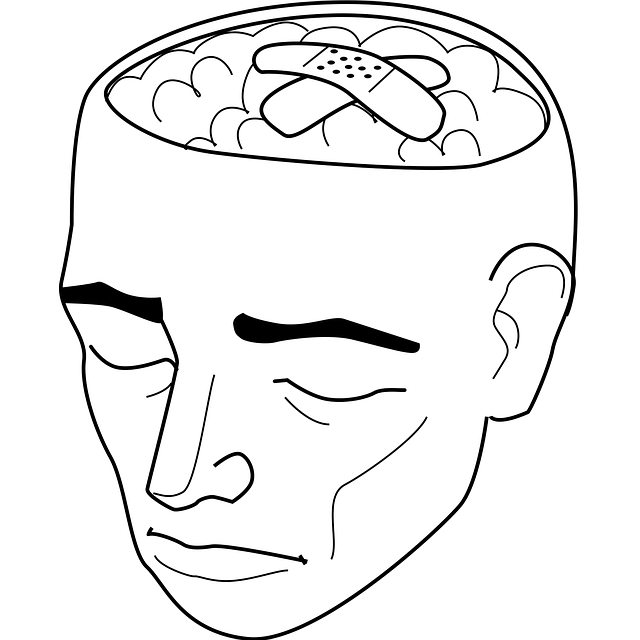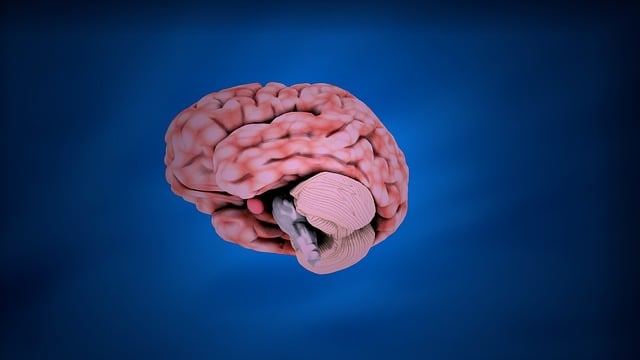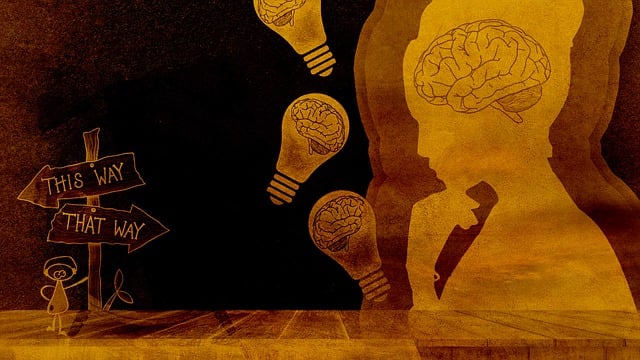The stigma around children's mental health, especially regarding PTSD, creates barriers to essential therapy like Emotional Regulation techniques and Social Skills Training. To combat this, we advocate for early intervention, integrating child therapy into healthcare, and community education through podcasts and workshops. By normalizing conversations about mental illness, particularly PTSD in children, we can reduce stigma, improve access to care, and enhance overall emotional well-being.
Mental illness stigma remains a significant barrier to treatment, especially in cases of post-traumatic stress disorder (PTSD) among children. This article delves into strategies aimed at reducing this harmful social construct, focusing on various sectors including healthcare and educational environments. We explore the profound impact of stigma on mental health outcomes and highlight effective interventions such as early PTSD therapy for children, community engagement initiatives, and clinical setting reforms. By implementing these measures, we can foster a more supportive societal landscape, encouraging open conversations about mental illness and enhancing access to care.
- Understanding Stigma and its Impact on Mental Health
- Targeting Children: The Importance of Early Intervention for PTSD
- Effective Strategies to Reduce Stigma in Clinical Settings
- Community Engagement and Education for a Supportive Environment
Understanding Stigma and its Impact on Mental Health

Stigma surrounding mental illness can have profound effects on individuals’ lives, especially children who are susceptible to its long-lasting impacts. This societal shame often prevents people from seeking help, leading to exacerbation of symptoms and decreased quality of life. When it comes to post-traumatic stress disorder (PTSD), for instance, understanding the stigma is crucial in promoting healing. Children experiencing PTSD may face additional challenges due to the internalization of negative beliefs about their condition, hindering their ability to access appropriate therapy, such as Social Skills Training or Compassion Cultivation Practices, and develop healthy coping mechanisms.
The impact of stigma can be seen in various ways: it may discourage children from openly discussing their experiences, leading to isolation; it can influence how others perceive and interact with them, impacting their social relationships; and it might discourage parents or caregivers from seeking professional help, thus impeding access to effective treatments like Emotional Regulation techniques. By raising awareness and promoting education, we can foster an environment where mental health concerns are met with empathy and understanding, ultimately reducing the barriers that prevent individuals from receiving much-needed support.
Targeting Children: The Importance of Early Intervention for PTSD

In many cases, addressing mental illness stigma begins with targeting children who have experienced traumatic events leading to Post-Traumatic Stress Disorder (PTSD). Early intervention is key when it comes to therapy for children suffering from PTSD, as it can significantly impact their future mental wellness and inner strength development. By implementing strategies that support emotional regulation in young individuals, we can foster a sense of resilience that will serve them throughout their lives.
Children exposed to traumatic situations may struggle with normalizing their emotions and coping mechanisms later in life if left unaddressed. Effective therapy for children post-traumatic stress disorder focuses on helping them understand and manage their feelings, leading to better emotional regulation. This early intervention can be a game-changer, breaking the cycle of stigma associated with mental illness and encouraging open conversations about emotional health.
Effective Strategies to Reduce Stigma in Clinical Settings

Reducing stigma in clinical settings is a vital component of mental health awareness and education programs design. One effective strategy involves normalizing conversations about mental illness, especially for conditions like Post-Traumatic Stress Disorder (PTSD), by integrating therapy for children into mainstream healthcare practices. This approach helps to demystify mental health issues, fostering an environment where patients feel more comfortable discussing their struggles openly.
Additionally, providing comprehensive Mental Health Awareness training for healthcare professionals can significantly contribute to stigma reduction efforts. By equipping practitioners with the knowledge and skills to address mental illness sensitively and effectively, these programs help in delivering quality care while reducing prejudiced attitudes and behaviors. This, in turn, creates a more welcoming and supportive atmosphere for individuals seeking treatment, including those suffering from PTSD.
Community Engagement and Education for a Supportive Environment

Community engagement and education play a pivotal role in fostering a supportive environment for individuals dealing with mental illness, especially when targeted at vulnerable populations like children. By integrating therapy for children with Post-Traumatic Stress Disorder (PTSD) into community programs, local organizations can significantly contribute to breaking down stigma barriers. These efforts can take the form of Mental Wellness Podcast Series Production, where relatable content educates listeners on various aspects of mental health, reducing misconceptions and promoting empathy.
Additionally, Stress Management Workshops Organization within schools or community centers equips both students and adults with coping mechanisms, fostering an atmosphere of understanding and care. Encouraging open conversations about mental wellness through such initiatives paves the way for a society that embraces self-care routine development as a proactive measure for better mental health. This holistic approach ensures that individuals experiencing psychological challenges feel supported and understood within their communities.
Mental illness stigma reduction is a multifaceted approach, from clinical settings to community engagement. By educating children on mental health early through interventions like therapy for children post-traumatic stress disorder (PTSD), we can foster a supportive environment that encourages open conversations and understanding. Community efforts, combined with strategic initiatives in healthcare, are vital steps towards destigmatization, ultimately improving access to care and enhancing the well-being of those affected by mental health issues.













